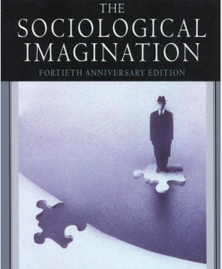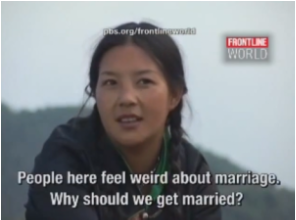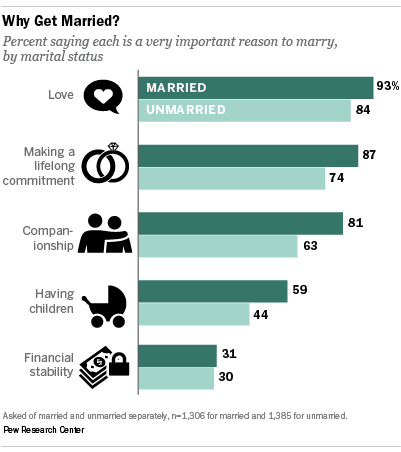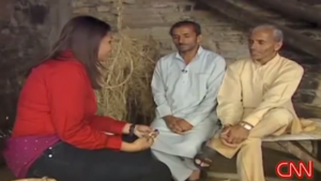|
Originally posted on SOCIOLOGYtoolbox 
Being embedded in the structures and culture of one’s society can make it more difficult to utilize the sociological imagination. I believe this is especially true in the U.S. where many of our institutions and values focus on the individual—earning individual grades throughout years of schooling; promoting our individual characteristics to gain employment, awards, and access to higher education; relatively high levels of privacy; a historical focus on leading individuals in the success of collective action (e.g., Rosa Parks); etc. I have found that teaching students to understand and utilize the sociological imagination--the ability to see the relationship between one’s individual life and the effects of larger social forces—is aided by exposing them to different social structures and cultures. While study-abroad programs are ideal for experiencing this first hand, we can also bring other cultures into the classroom through film, photographs, and students’ existing experiences.
Marriage is one of my favorite topics to teach this intersection between individual biography and history. And there are several films or video clips about this topic in other cultures. The first is The Women’s Kingdom. It is available in two different lengths—9:36 or the full-length 20:00 (great for flexibility in the classroom) on the PBS Frontline website. It is also available in various places and versions on YouTube.

I also have found it effective to have a discussion about what age students did get or imagine getting married. It usually averages out in the late 20s. When I ask why, students refer to the desire to finish school and get their careers well under way. So do we marry for love or are we only open to love when our economic conditions are “right”? Using the sociological imagination we understand that our more modern economy (social structure) requires greater training (or at least greater credentialing) which equates into more schooling and often the pursuit of advanced degrees for both men and women. There is more great data on marriage trends in the U.S. available from the Pew Research Center.
Lastly, there is an interesting video of a National Geographic photographer and researcher discussing child marriage throughout the world, entitled Too Young to Wed?. It contains reflections on their behalf about why it still exists, how hard it is to change, and who’s place is it to change it—plenty to get the sociological imagination fired up and working, of course with your guidance as a teacher.
I usually pair a selection of readings from the Massey reader from W.W. Norton, Readings for Sociology with this class period. In the 2012 edition, a portion of Mills’ The Sociological Imagination makes up chapter 2. I also pair this early in the semester with chapter 3 from that same reader, Durkheim’s argument about social facts. In many ways, using the sociological imagination is the ability to see social facts, so these two chapters really complement each other and build a strong foundation for the rest of the term. Of course you could find both of these readings in other sources as well--Durkheim’s is online. Finally, I get the students started thinking about marriage using their sociological imagination by reading a piece from Stephanie Coontz, “The Radical Idea of Marrying for Love” (from Marriage, a History), chapter 38 in that edition. Our broader educational system does not ask people to think sociologically very often. It was the UK’s Margret Thatcher that said, “There is no such thing as society” (see the full quote). Students need some help and some practice seeing the world this way and I have found these films help them do just that. Teach well, it matters.
Todd Beer
Todd Beer is an Assistant Professor at Lake Forest College. His research and teaching interests include globalization, social movements, Sub-Saharan Africa, climate change, environmental sociology, inequality, and culture, among others. His blog, SOCIOLOGYtoolbox, is a collection of tools and resources to help instructors teach sociology and build an active sociological imagination.
Comments are closed.
|
.
.
Tags
All
|


 RSS Feed
RSS Feed